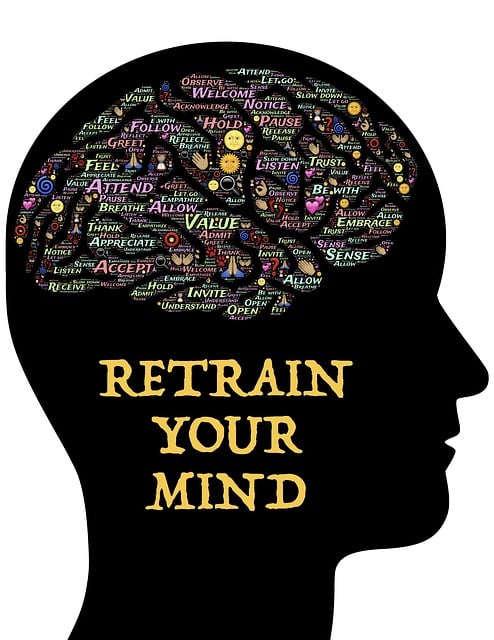The longer I do this work, the more convinced I am that our mindset is the foundation of everything we want to create in our lives. It’s the guiding force that can enable us to either fulfill our potential and achieve our goals or limit us in ever getting off the ground.
What exactly is mindset? Mindset refers to our overall attitude, beliefs, and thinking patterns that shape our perceptions, behavior and actions. It will determine how we approach our challenges and opportunities. It can either limit our potential or enable us to achieve our goals and fulfill our what’s possible for us.
There are two primary types of mindset: a fixed mindset and a growth mindset. With a fixed mindset, people believe that their abilities and talents are fixed, and that they likely can’t improve much beyond their current level. They may avoid challenges and opportunities that require them to step out of their comfort zone or take risks. On the other hand, people with a growth mindset believe that their abilities can develop and improve through hard work, dedication, and learning from their mistakes. They embrace challenges and see them as opportunities to learn and grow.
The good news is that we can develop a growth mindset and overcome our fixed mindset beliefs. Here are some strategies to help:
Recognize and challenge limiting beliefs: We all have limiting beliefs that hold us back from reaching our potential. The first step is to become aware of them and question their validity. One of my favorite questions to ask clients who are struggling with limiting beliefs is: “How is this thought serving you?” If a thought isn’t serving us, what thought might serve us better? Part of this process involves becoming aware of our habitual thoughts and beginning to replace them with more positive, helpful thoughts.
For example: “I ate too much last night. I’ll never lose the weight,” could be replaced with, “I overdid it last night, but I am going to get right back on track starting now.”
Once you identify a belief that isn’t helpful, challenge it with more positive and realistic self-talk.
Embrace challenges and failure: Instead of avoiding challenges or fearing failure, embrace them as opportunities to learn and grow. When we push ourselves out of our comfort zones, we often discover capacities we didn’t realize we had. When you experience failure, instead of dwelling on it, reflect on the lessons learned and use them to improve and grow.
Cultivate a growth mindset: Focus on the process, not just the outcome. Emphasize effort, persistence, and learning, rather than just talent and intelligence. Celebrate progress, no matter how small, and view setbacks as temporary and solvable.
Seek feedback and support: Solicit feedback from others, especially those who can provide constructive criticism and help you improve. Surround yourself with positive and supportive people who encourage and inspire you.
Practice self-compassion: Be kind and encouraging to yourself when you face challenges or setbacks. How would you treat a friend or a child if they came to you for advice? More likely than not, you would support and encourage them not to give up. Can you do the same for yourself?
Surround yourself with positive people: Friends and family who think positively will be important in changing your mindset. If negative people surround you, their ways of thinking can rub off on you, sabotaging your efforts to improve.
The key to remember is that mindset plays a critical role in shaping our behaviors and actions. Pay attention to your habitual thoughts and behaviors – the first step in change is self-awareness. Embrace challenges, cultivate a growth mindset, look for support and practice self-compassion and you can continue to change and grow for a lifetime.
